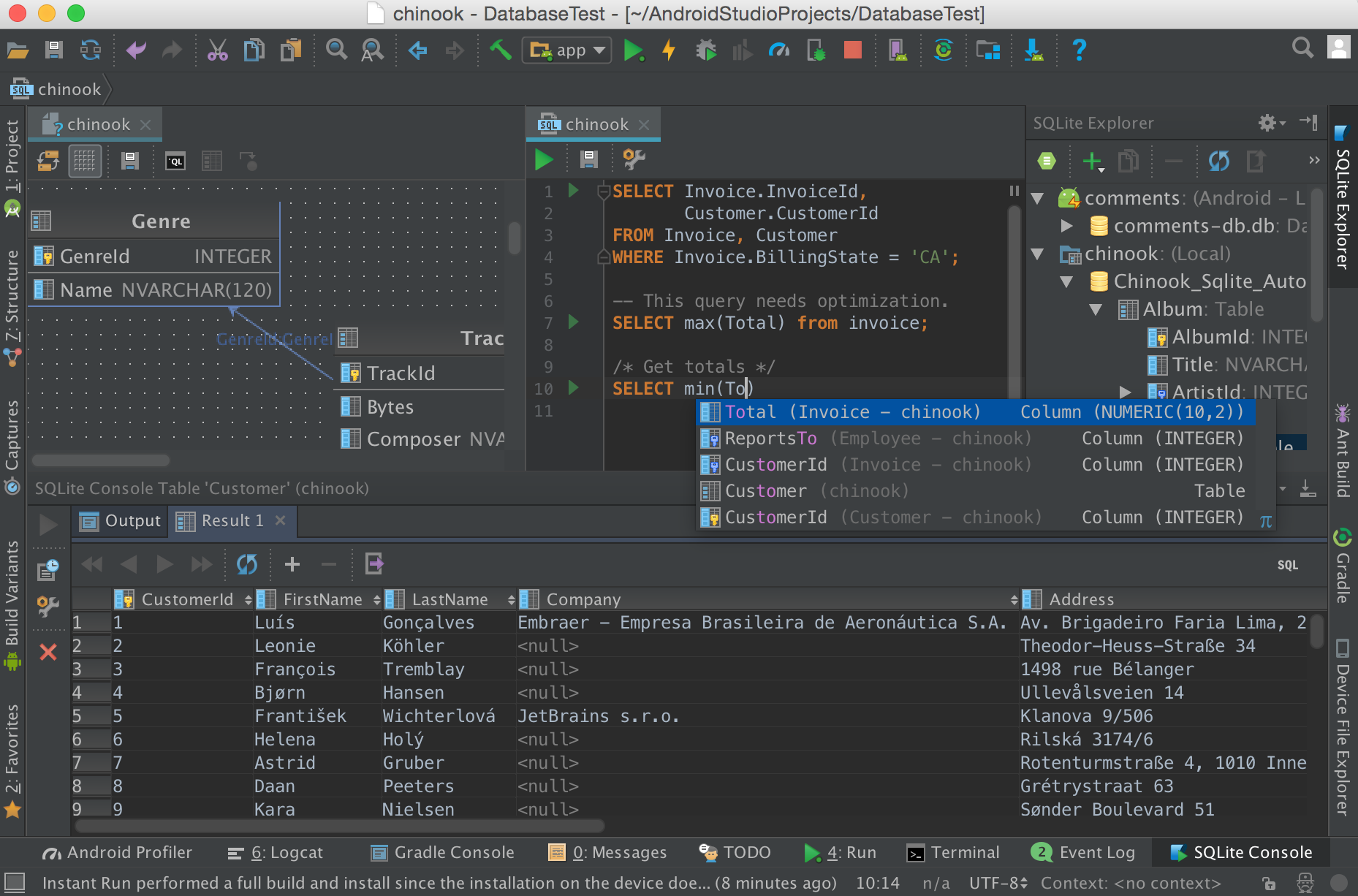

So how should we store shared application data? We should store shared data in one of the following ways:
FIRSTCLASS CLIENT ANDROID ANDROID
Android will create a new Application object and start the activity where the user was before to give the illusion that the application was never killed in the first place. Contrary to popular belief, the app won’t be restarted from scratch. The application object is not guaranteed to stay in memory forever, it will get killed. However, you should never store mutable instance data inside the Application object because if you assume that your data will stay there, your application will inevitably crash at some point with a NullPointerException. It might be tempting to use the application instance in order to avoid the overhead of passing objects between activities or keeping those in persistent storage. This might be a session token, the result of an expensive computation, etc. There is always data and information that is needed in many places within your app. That's all you should need to get started with your custom application. If we do want a custom application class, we start by creating a new class which extends as follows: import public class M圜ustomApplication extends Application Īnd specify the android:name property in the the node in AndroidManifest.xml: Instead, store any mutable shared data using persistence strategies such as files, SharedPreferences or SQLite. Note that you should never store mutable shared data inside the Application object since that data might disappear or become invalid at any time. Static methods for easy access to static immutable data such as a shared network client object.Global initialization that needs to be shared across all components (crash reporting, persistence).Specialized tasks that need to run before the creation of your first activity.However, there are a few acceptable uses of a custom application class: In many apps, there's no need to work with an application class directly. Note that custom Application objects should be used carefully and are often not needed at all. This class is primarily used for initialization of global state before the first Activity is displayed. The Application class, or any subclass of the Application class, is instantiated before any other class when the process for your application/package is created. The Application class in Android is the base class within an Android app that contains all other components such as activities and services.


 0 kommentar(er)
0 kommentar(er)
